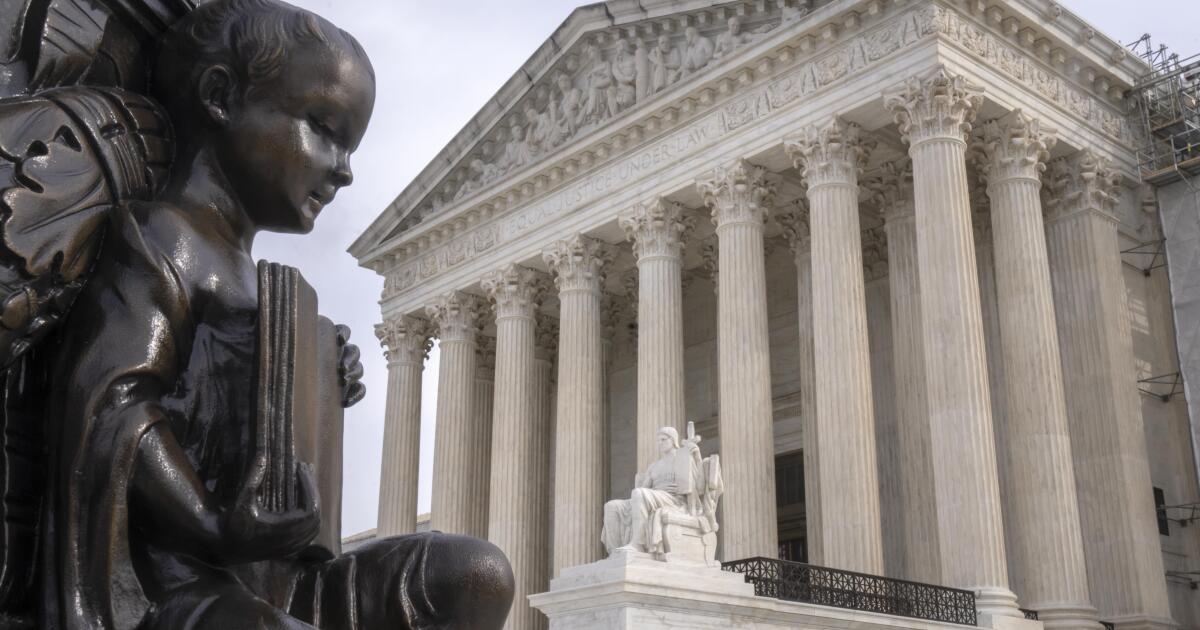Summary
The Supreme Court signaled support for state-enforced age-verification laws for pornographic websites, as argued in Texas’ case.
Conservative justices cited the surge in children’s access to online pornography and technological changes, calling for reconsideration of past 1st Amendment rulings.
Texas’ law requires websites to confirm users are 18+, a model supported by 23 Republican-led states.
Critics argue it could chill adult free speech, but justices noted filtering software is ineffective. The court may uphold the law or send it back for further review by the 5th Circuit.



I like that the arguement is that there are technical limitations to age restricting graphic content, so the best course of action is limiting people’s rights.
Seems like people’s rights should be more important.
If they actually cared, just publish a standard that sites declare their minimum age range. Then make apple and Google add a “child mode” that filters this at the DNS level when you set up a device. As it’s opt-in, sites would be responsible for what they’re declaring
Tech savvy kids will probably be able to get past it, but let’s be honest… Nothing would stop them
Honestly, I’d even support something like this, and I think you’d get voluntary adoption. Advertisers would like this, it’s not very burdensome technically, and it would give a safer legal framework for everyone
But of course, this isn’t really about the kids…
Oh yeah, I agree that there are many ways of approaching this.